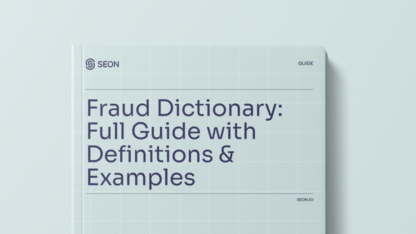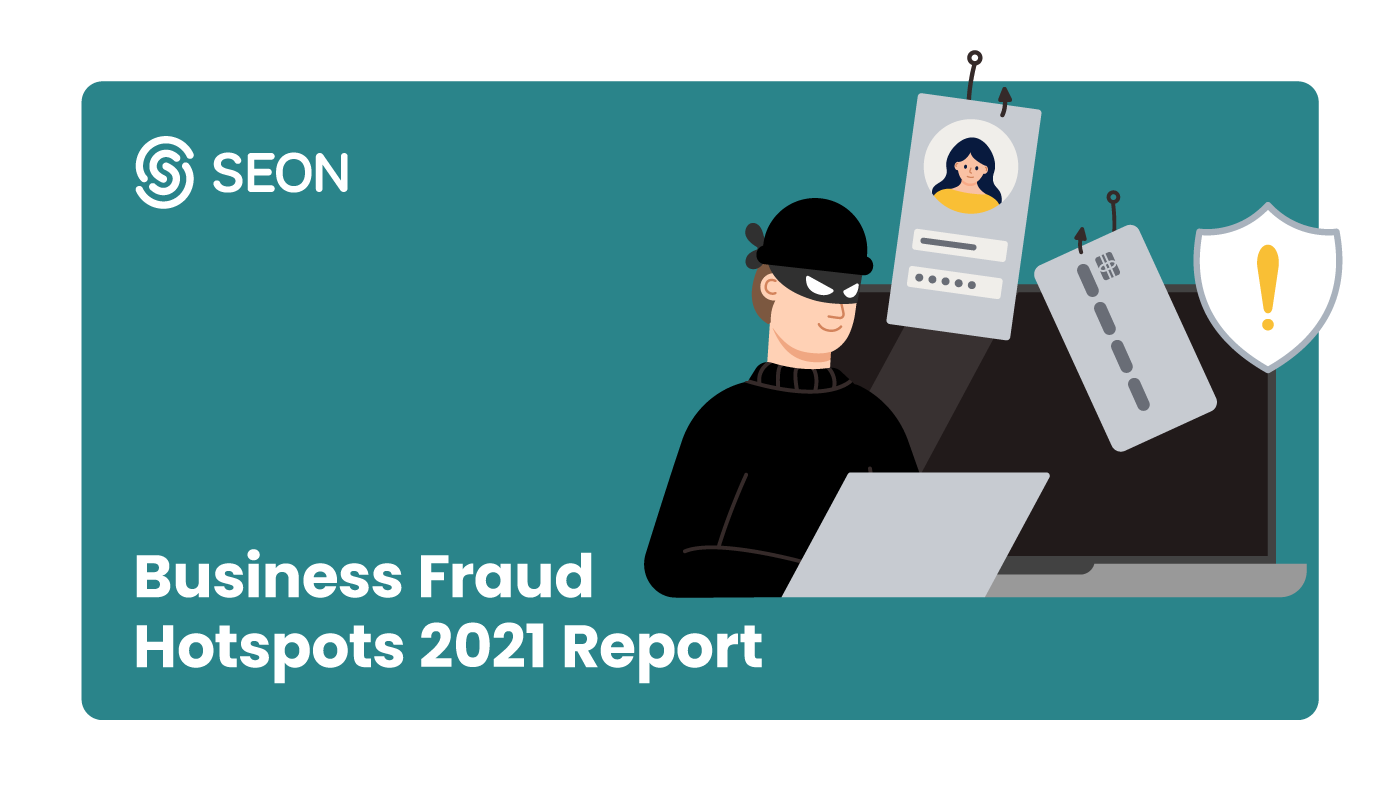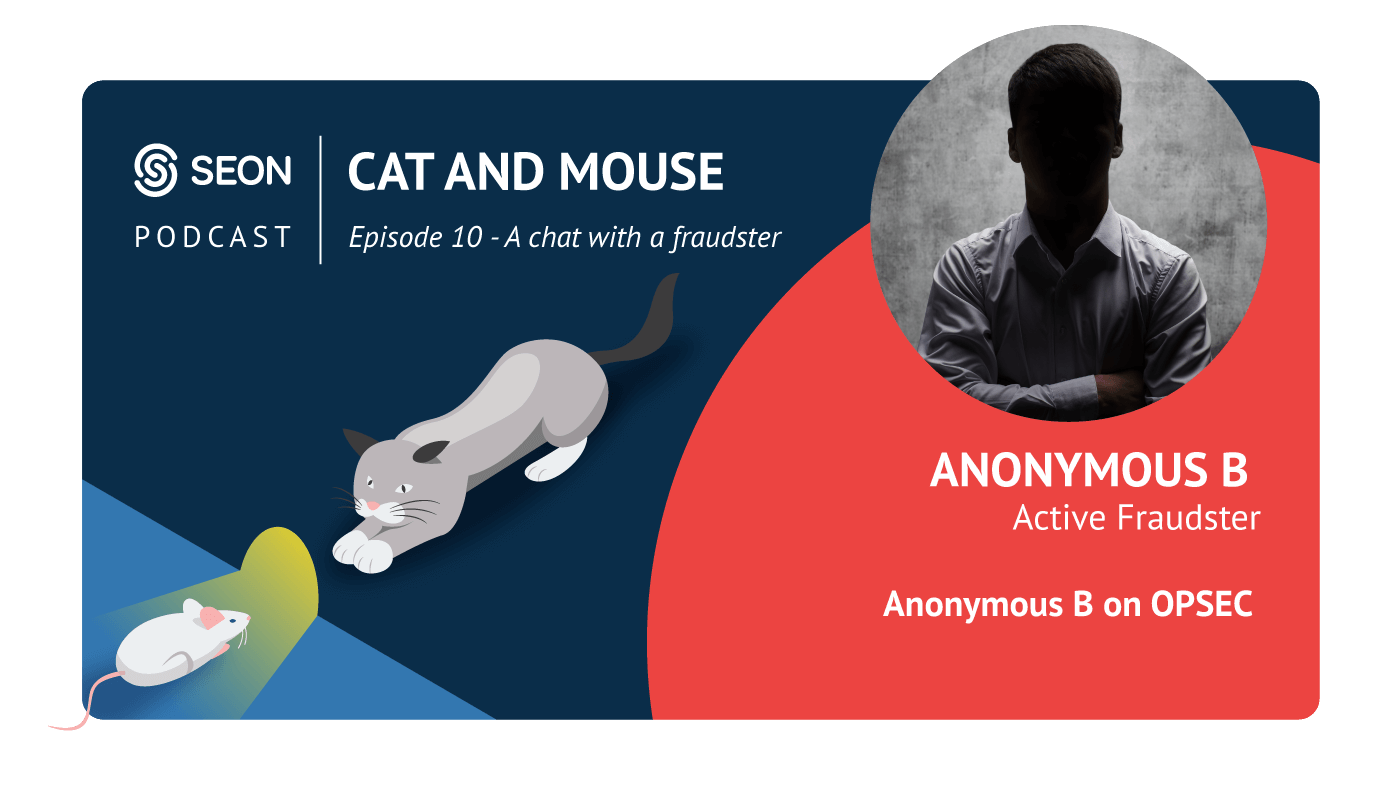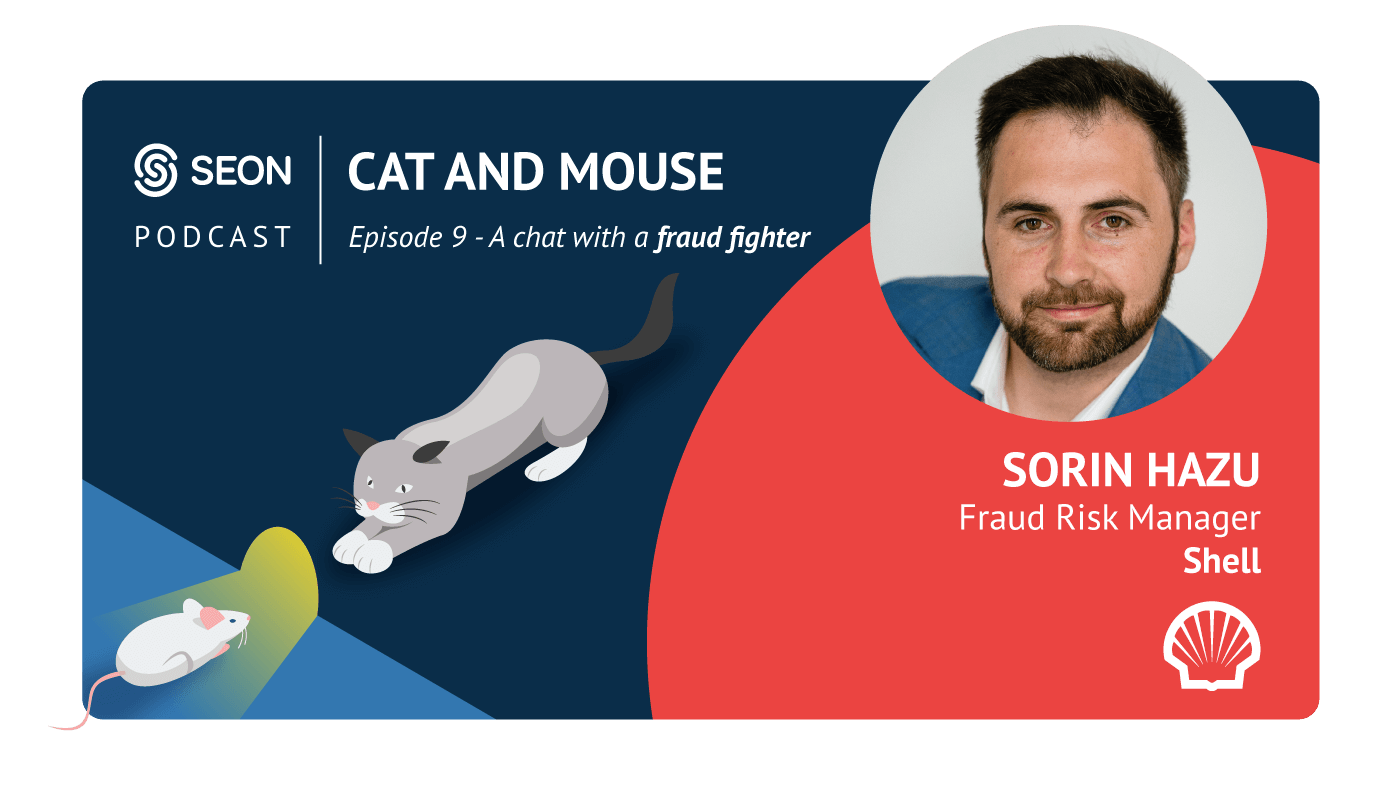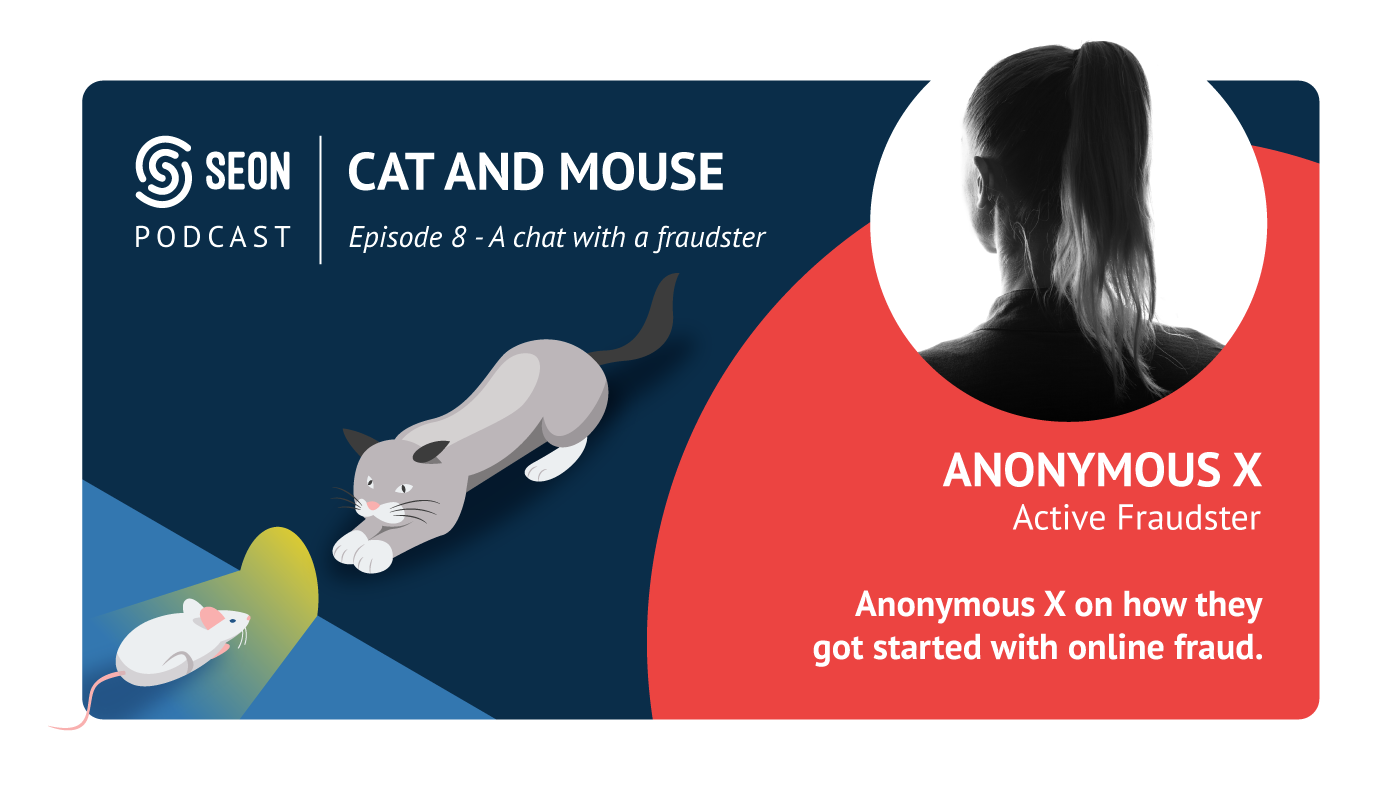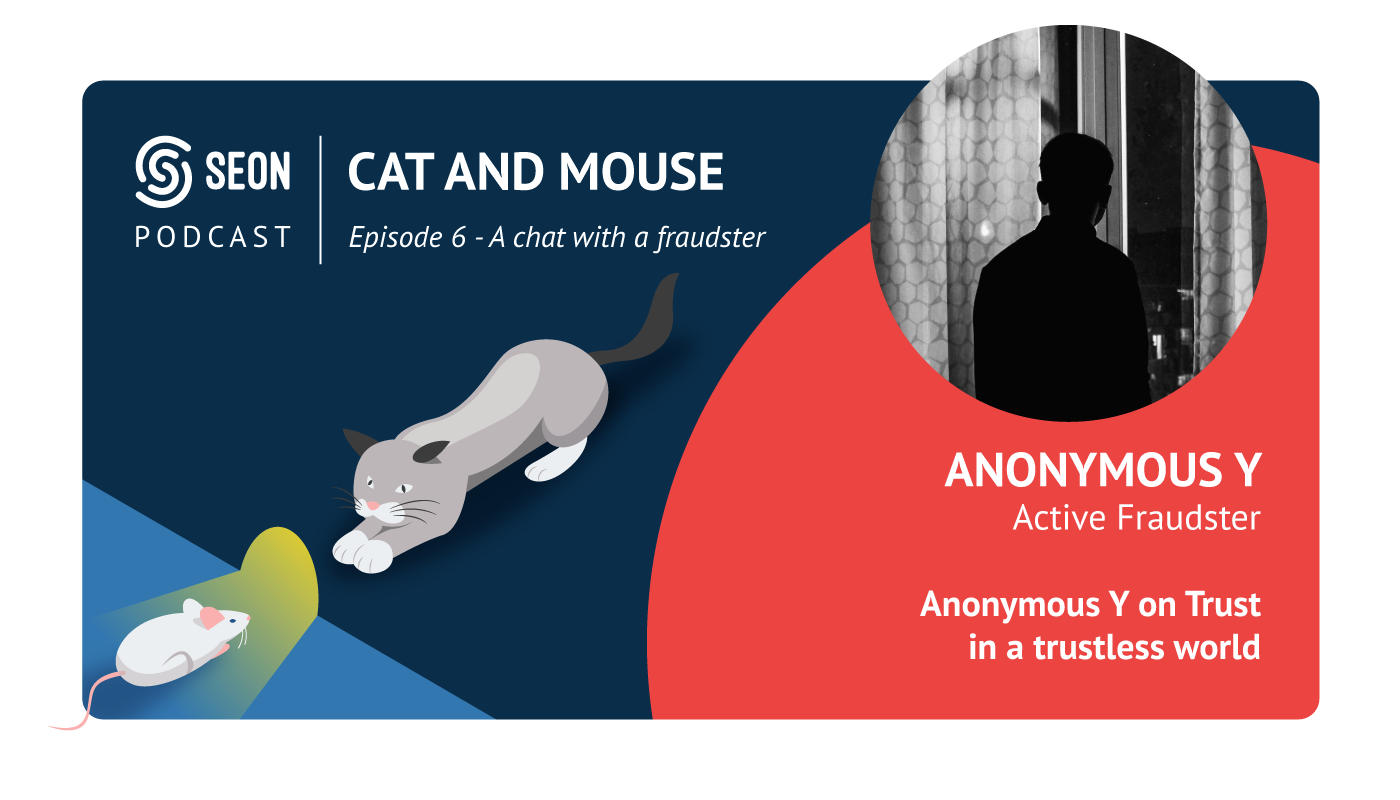The COVID-19 pandemic has left businesses vulnerable. Experiencing a decline in revenue, many are in the process of increasing their risk tolerance, as they deal with customers they normally wouldn’t. Fraudsters have keyed in on this vulnerability, using it to their advantage. Since January 1, 2020, U.S. citizens have reportedly lost $13.44 million to COVID-19-related fraud.
The hospitality industry has been hit particularly hard. Autohost, a guest-screening solution for the hospitality sector, revealed that its clients have seen a 13% increase in risky guests since the start of the pandemic. The rise in hotel fraud and vacation rental fraud is a trend that will likely continue as the hospitality sector navigates the ongoing economic downturn.
While it’s important to recoup revenue and get your business back on its feet, it’s not worth the cost of being defrauded. To protect your business, you need to focus on hotel fraud prevention and staying up to date on the latest trends. A great way to do this is to visit your government’s anti-fraud website, reading up on the types of fraud impacting your area.
Messaging Scams
What to look for
Over the past several months there has been an influx in text, email and robocall scams. How it works is the fraudsters pose as a government entity alerting the recipient to a certain amount of financial relief ready to be deposited into their bank account. To receive the funds, they must enter their banking information.
This type of fraud has become very effective over the last few months as many businesses in the hospitality sector apply for financial relief. In fact, it has become so prevalent that the Federal Trade Commission (FTC) issued a warning, advising people not to trust any digital communication from a government entity.
How to protect yourself
Initially, these types of scams started with emails and robocalls, but phishing texts have become more common. To protect yourself, the FTC says you should not respond to any of these communications or click on any of the attached links. Instead, immediately delete the message from your phone or inbox.
Banks and government agencies will never send you emails or texts requesting personal information or account details. But if you’re concerned that a message might be legitimate—say an email from the IRS—delete the message and then look up the institution’s contact information. Call them directly to see if they sent the message. If they didn’t, report the fraud to your government’s anti-fraud center.
Identity Fraud
What to look for
Identity fraud is one of the fastest growing crimes in North America. According to the Canadian Internet Policy and Public Interest Clinic, nine million U.S. citizens fall victim annually. The hospitality industry is particularly vulnerable as fraudsters use stolen IDs to book accommodation. This has become more prevalent since the start of the pandemic as hospitality providers have reduced screening requirements to attract bookings.
When it comes to catching identity fraud, sometimes there are obvious giveaways, like the name on the ID doesn’t match the name attached to the reservation. In other cases, like fake, stolen or doctored IDs, it can be much more difficult to avoid.
How to protect yourself
The first step in protecting yourself against identity fraud is to know your guest. Just as the banking industry relies on KYC verification, it’s important that the hospitality industry learns about who they’re serving. To do this, collect a copy of the guest’s ID and have them provide their personal information. This goes for everyone entering the property, not just the person booking. To verify the guest’s ID, you can ask them for a selfie and compare the two.
Familiarize yourself with different types of IDs and what they’re supposed to look like so that you can flag one if something seems off. Make sure the ID is within its expiration date, otherwise it’s not valid. Examine the picture closely to make sure a second picture hasn’t been laminated on top. And check for inconsistencies in the ID’s font.
It’s also advisable to google the guest before accepting their reservation. Check for social media accounts to verify the information, and take a look at their phone number’s area code to ensure it matches the address on their ID. If you have a guest who claims to live on the other side of the country but their phone’s area code is local, it may be a stolen ID.
Finally, you can run a background check on the guest to look into their criminal record. If you’re still wary but want to move ahead with the reservation, meet the guest in person at check-in to ensure they are who they say they are.
Manually performing all of these steps for each guest can be time-consuming. If you’re looking for a way to optimize your operations, use Autohost. It’s a hospitality security solution that automates the screening process, flagging any high-risk guests.
Credit Card Fraud
What to look for
Credit card fraud occurs when someone makes a purchase with a stolen card. This can result in a chargeback, forcing you to refund the reservation and lose revenue on unbooked nights.
When looking out for stolen credit cards, pay attention to guests who try to book with multiple cards. One card may get declined, so they’ll try with another stolen card. Typically, the fraudster will book the same day they stole the card before it gets cancelled. This means they’ll likely rush through the booking process, leading to inconsistencies in their reservation details.
Also, keep an eye out for prepaid credit cards—a common indicator of hotel fraud. By not using a verified credit card, these prepaid cards allow fraudsters to mask their identity. This is also a sign that they might not own a credit card, which prevents you from making a larger damage claim against them if they cause any trouble in your property. To keep the guest accountable, make sure they’re paying with a verified credit card.
How to protect yourself
Particularly in these times, a chargeback can be a serious financial setback. Most companies can’t afford right now. To protect yourself, establish business practices that prevent a guest from attempting to pay with too many credit cards. Limit them to two or three attempts. If they do use more than one card, make sure they’re registered under the same name. Cross-reference this name with the name on the guest’s ID to make sure they match.
If a guest is acting suspicious, you have the option of running a background check and credit check. This will validate the guest’s identity while ensuring they actually have the funds to pay. This is especially important for longer stays. If you go through with the reservation, process the payment immediately to ensure you receive the money.
Bad Guests
What to look for
Bad guests are the most benign type of hotel fraud, but also the most common. These situations can range from someone throwing a party to someone sneaking in extra guests. Either way, this form of fraud puts your business at risk of damage and safety code violations—not to mention, it disrupts fellow travellers and neighbours.
As previously mentioned, the best way to prevent hotel fraud is to know your guest. You wouldn’t let a stranger into your home, so why let them into your business? Look out for guests who are vague about their travel plans, especially if the date coincides with a holiday like New Years, or if the guests are locals—they’re not there to sightsee. And watch for anyone booking a property that’s way too big for them, like a three-bedroom apartment for two people. That’s a telltale sign of a party.
How to protect yourself
To ensure your guests behave, have each of them sign a rental agreement that outlines your property’s rules. If they break them, they should know they’ll be subject to eviction. As an added layer of protection, collect a security deposit to keep the guest on the hook in the case of any damage.
Before check-in time, reiterate your house rules and remind the guest that no funny business will be tolerated. If you’re still worried, meet the guest in person before handing over the key.
Hotel Fraud Awareness
Hotel fraud and vacation rental fraud is always prevalent, but especially right now. Fraudsters will take advantage of you if you let them. That’s why it’s so important to encourage open dialogue about fraud and push fraud awareness. To keep your business safe and prospering, learn the hospitality fraud trends and screen your guests.
This post was written by Autohost, a trust and safety toolset specializing in guest screening for hospitality providers.



